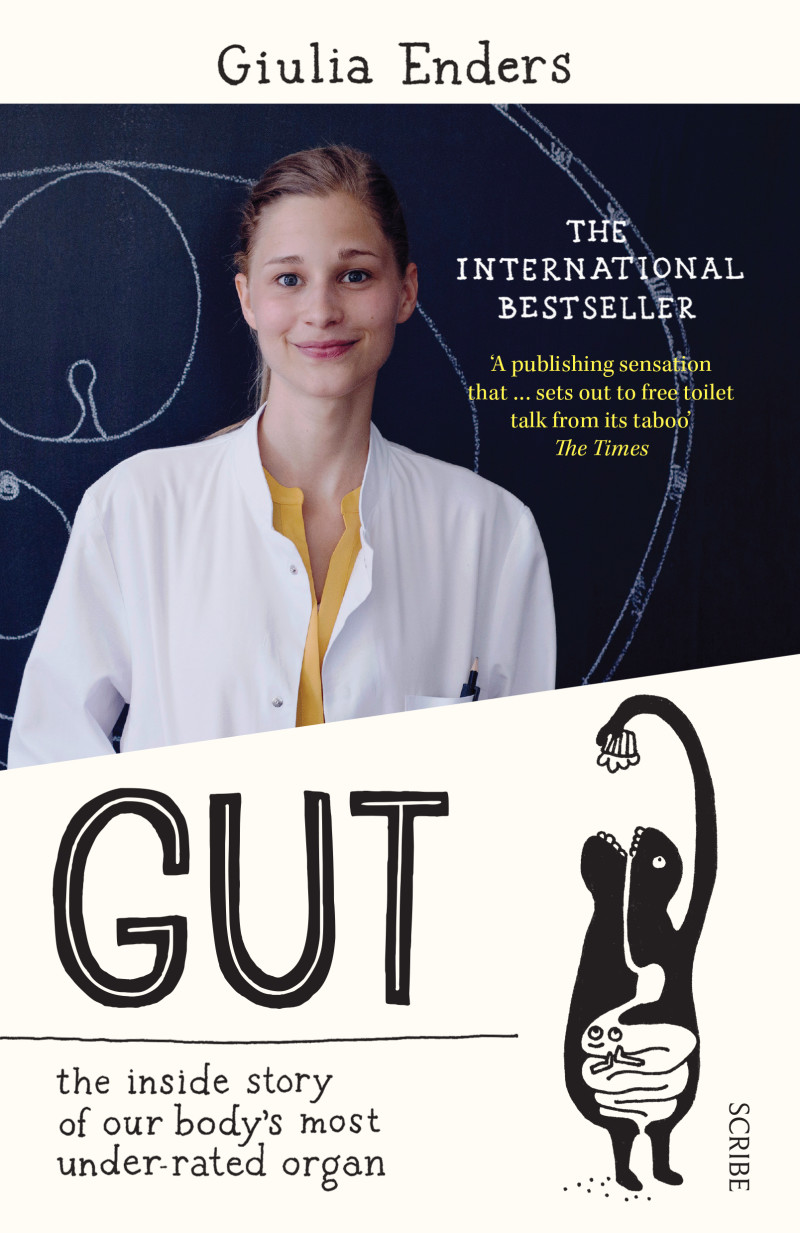 Giulia Enders is a woman on a mission. She wants the world to give our digestive system a little more respect.
Giulia Enders is a woman on a mission. She wants the world to give our digestive system a little more respect.
She tells Afternoons with Simon Mercep the brain and heart get all the attention, and that’s not right. “When you first discover them, there are some really nice facts and there’s something really loveable about your gut,” says Enders. “It’s a big surprise. It keeps all different systems in shape, things like your immune system, metabolism, body weight even your mood, not just digestion to keep you alive”.
The 25-year-old Ph.D. student at the Institute for Medical Microbiology in Frankfurt, Germany has written a best-selling book called Gut: The Inside Story Of Our Body's Most Underrated Organ.
Enders wants to change that attitude about the digestive system. “I thought it was crazy we know so little about our bodies especially the gut. We know about politicians, what Hollywood stars do, but not much when it comes to understanding the body. It’s very easy and it can make your life and the way you look at yourself and the way you look at your body much nicer.”
Her interest in the gut started when she suddenly got a skin disease at the age of 17. “I could not figure out why it just came. Doctors gave me different prescriptions,” Enders recalls. Then she looked at research connecting diet and digestion with her condition. “I was very surprised about what the gut had to offer. Seeing what this knowledge did for my body and my skin was very visual.”
Most people don’t really understand the basics about our digestive system according to Enders. And some of the less pleasant things it does are actually good for you. “Some people are so stressed, they are so nervous they have to throw up. They feel like they have a weak body but if you really understand what’s going on it’s actually the body sacrificing itself for you. It’s keeping that energy that would have gone to digestion to solve a problem together with the brain.”
New research makes the connection between mental health and digestion. The gut, she says, collects information for the brain. “Our brain can take it into account and even put it into feelings. Our whole body creates who we are not just a few areas in the brain.”

